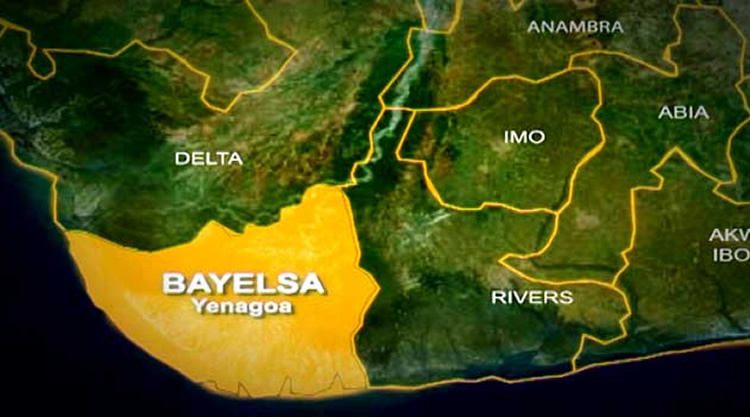The Assassination of a Community Leader in Nigeria’s Oil-Rich Bayelsa State
The Niger Delta region of Nigeria, particularly Bayelsa State, has long been plagued by violence and unrest stemming from the lucrative but illicit trade of crude oil theft, commonly referred to as “bunkering.” This illegal activity has not only devastated the environment but has also fueled a culture of lawlessness and impunity, claiming countless lives and disrupting the socio-economic fabric of communities. In a tragic incident that underscores the pervasive insecurity in the region, Goodnews Manash, the chairman of the Community Development Committee (CDC) of Igbomotoru 1 in the Southern Ijaw Local Government Area of Bayelsa State, was ambushed and killed by suspected oil bunkerers.
Igbomotoru, a community known for its rich crude oil deposits, has become a hotbed for militant activities and oil theft. The resulting intra-communal clashes have driven numerous residents into exile, creating a climate of fear and instability. Manash, a dedicated community leader, was working tirelessly to restore peace to his troubled community when his life was tragically cut short. According to community sources, Manash was visiting his brother behind the community’s school compound around 10:30 pm on a Sunday night when the gunmen struck.
The attackers, believed to be involved in illegal oil bunkering activities, reportedly entered the town through a forested area at the back of the community, circumventing military checkpoints established along the waterways. This tactic suggests a level of premeditation and knowledge of the local terrain, further highlighting the complex security challenges facing the region. Community members expressed shock and dismay at the attack, noting that the gunmen had previously been driven out of the area by the Nigerian army. The prevailing theory is that the killing was an act of retaliation against the CDC chairman for his efforts to disrupt their criminal enterprise and bring stability to the community.
The Paramount Ruler of Igbomotoru, King Ayibaikie Ofongo, confirmed the tragic news, recounting the late-night phone call that informed him of Manash’s abduction. It was only with the break of dawn that the grim reality of his assassination became clear. The king expressed his deep sorrow and emphasized the need for a community meeting to formally address the incident before releasing any official statement to the public. This carefully measured approach underscores the sensitive nature of the situation and the desire to avoid further escalating tensions within the community.
Ayibaetare Easterday, Press Secretary to the Chairman of the Southern Ijaw Local Government Area, also confirmed the killing, condemning the brutality of the attack and its potential to tarnish the image of the community and local government on the international stage. Easterday reiterated the need for peace and tolerance within the community, emphasizing the shared kinship and urging members to resolve their differences through dialogue rather than violence. His plea reflects the profound impact of the violence on the community’s social fabric and the desperate need for reconciliation and healing.
The assassination of Goodnews Manash serves as a stark reminder of the ongoing security challenges in the Niger Delta. The ease with which the gunmen infiltrated the community, despite the presence of military checkpoints, raises serious questions about the effectiveness of current security measures. The incident underscores the urgent need for a comprehensive and multi-faceted approach to address the root causes of the violence, including poverty, unemployment, and the lack of opportunities for legitimate economic activities. Furthermore, it highlights the critical role of community leaders like Manash in peacebuilding efforts and the devastating consequences of their loss. The incident also emphasizes the importance of holding perpetrators accountable for their crimes to deter further violence and break the cycle of impunity that has plagued the region for far too long.
The incident highlights the ongoing struggle to curb illegal oil bunkering in the region, a practice that not only fuels violence and instability but also causes significant environmental damage. The resulting oil spills have devastated ecosystems, impacting the livelihoods of communities that depend on fishing and farming. This tragic incident underscores the urgent need for comprehensive solutions that address both the security and environmental challenges faced by the Niger Delta. These solutions must involve a collaborative effort between government agencies, security forces, community leaders, and international partners to effectively combat oil theft, promote sustainable development, and foster lasting peace in the region. The death of Goodnews Manash is a profound loss for Igbomotoru 1 and serves as a sobering reminder of the human cost of the ongoing conflict in the Niger Delta. His dedication to peacebuilding and community development should be honored through a renewed commitment to addressing the underlying issues that fuel violence and insecurity in the region. As the community mourns his loss, the search for lasting peace and stability in the Niger Delta must continue with even greater urgency.


